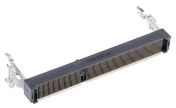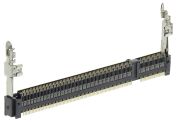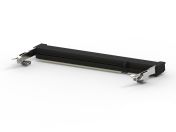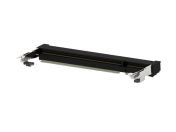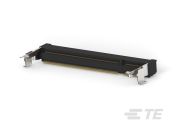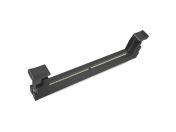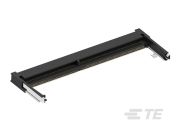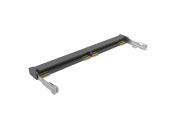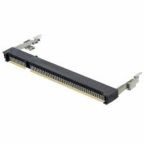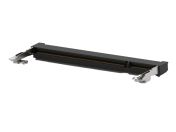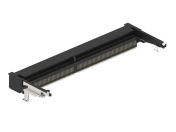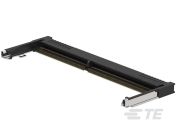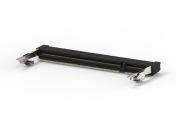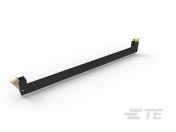Memory Sockets
Memory sockets are a part of printed circuit boards, designed for use in personal computers, servers and workstations. The module is mounted on the circuit board using a module socket. DIMMs are the dominant form of memory used in computing.
What are DIMMs?
DIMMs are memory modules that are composed of a series of dynamic, random-access memory (RAM) integrated circuits. They have two separate electrical contacts on either side and a 64-bit path.
Types of DIMM sockets
DIMM sockets have to conform to the needs of the system that they are used in. Different types of socket may vary according to the number of pins. This depends on the type of RAM being supported by the DIMM, from DDR to DDR4. Generally, the more pins or contacts, the higher the type of RAM supported. For example, a 240-pin DIMM might be used for DDR2 SDRAM, while a 288-pin DIM might be used for DDR4 SDRAM.
DIMM sockets can vary based on orientation this can be:
- Angled
- Horizontal
- Vertical
What are SIMMs?
SIMM (Single In-Line Memory Module) sockets are computer memory expansion holders that connect memory modules to circuit boards. These sockets have single row pins which connect to the system board vertically or at predetermined angles. The sockets are easily inserted or extracted because they are not soldered onto the circuit board.
SIMM sockets have positive polarisation to prevent the memory modules from being inserted incorrectly. Contacts (pins) on the SIMM sockets have anti-overstress features and are resistant to high temperatures.
What are SIMM sockets used for?
The main benefits of using SIMM sockets are their space-saving capabilities and simple installation mechanisms, making them suitable for smaller circuit board designs used by electronic hobbyists. SIMM sockets are legacy components, mainly used in older module computers, PCBs and motherboards.
Types of SIMM sockets
SIMM sockets come in various sizes and are distinguished by the number of pin slots:
- 30-pin SIMM sockets are shorter than standard sockets and can be used in legacy type laptops.
- 64- and 72-pin SIMM sockets are used in desktop motherboards because they can hold larger memory modules.
